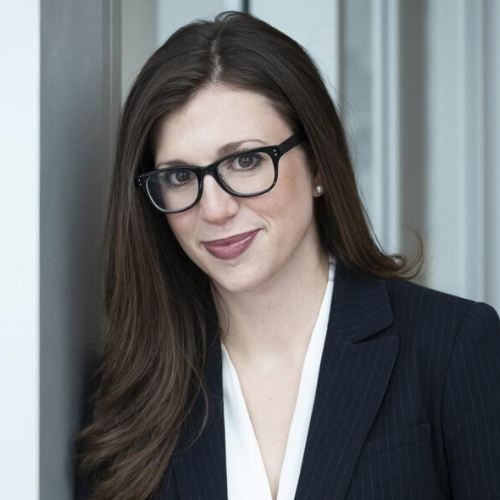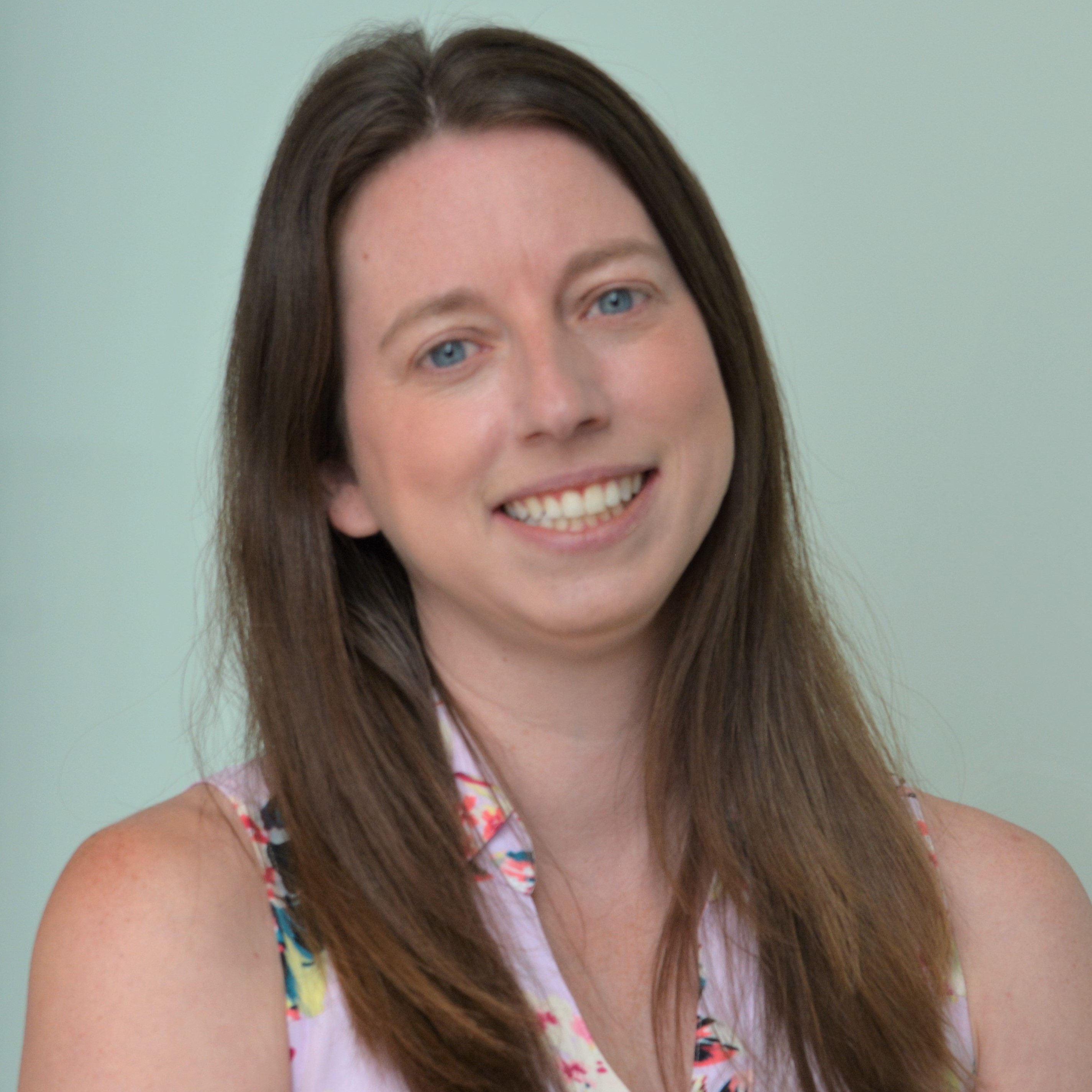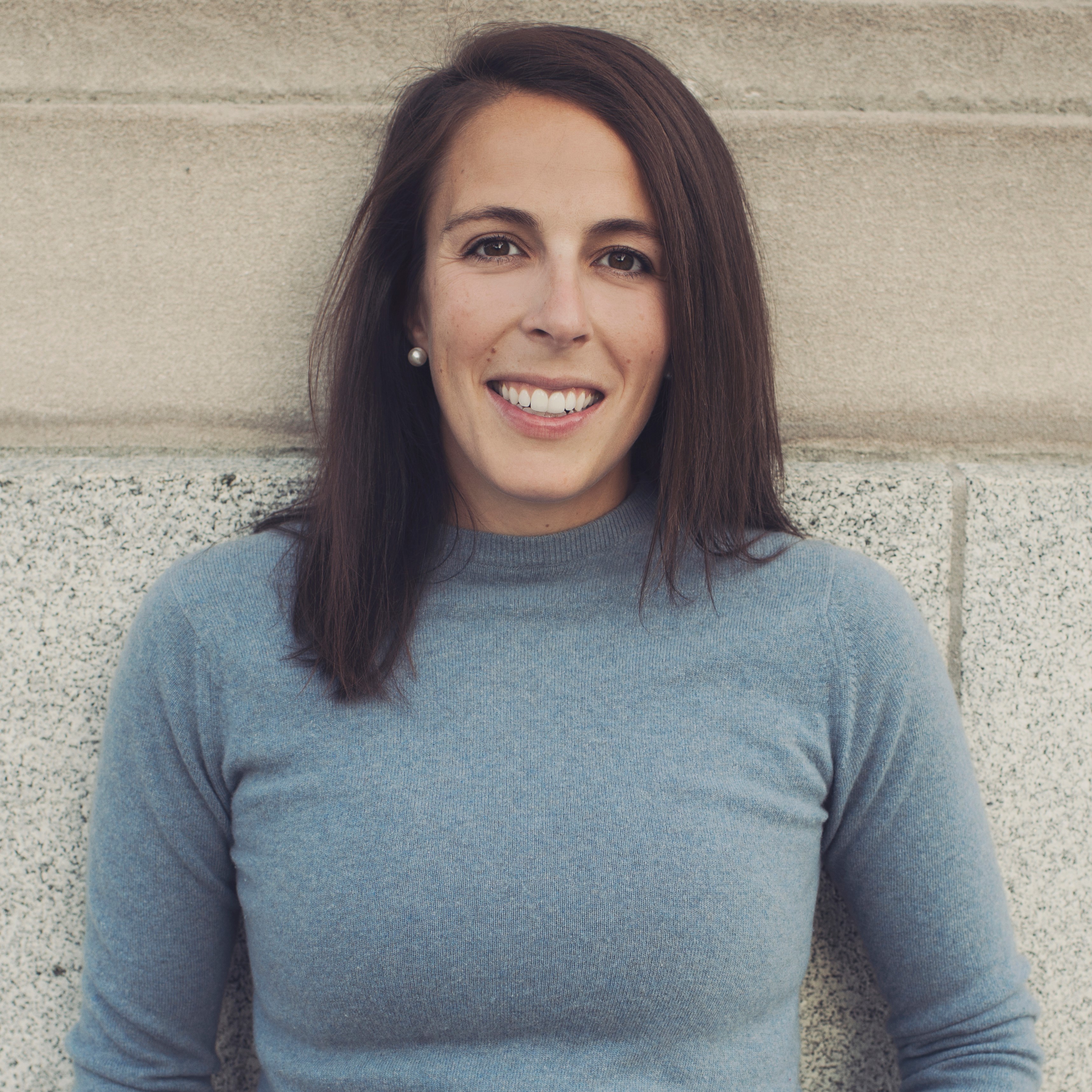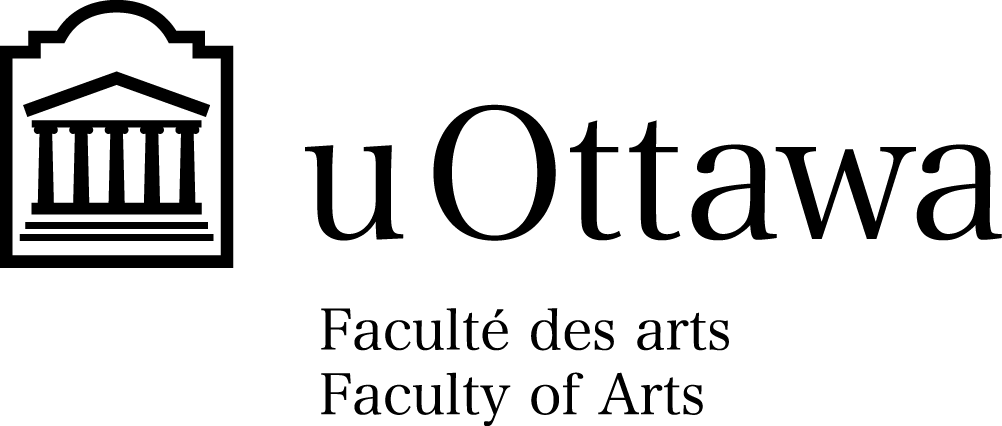Telfer-Arts Research Team will Examine Interpersonal Dynamics of Social Inclusion in the Workplace and Classroom

Social inclusion is critical to informing business practice, education and policy. It is also a vital ingredient in unlocking the powerful economic and social benefits of equity and diversity programs. Social inclusion is inherently interpersonal: it is based on how people interact with and treat one another. Through socially inclusive interactions, people feel safe, respected and accepted. Social inclusion also has a positive impact on physical and psychological health, as well as well-being. For instance, employees and students who are part of an inclusive social climate are likely to be healthier, happier and more productive.
A 2018 Conference Board of Canada report shows that Canadian organizations have been on an upward trend to embrace diversity and inclusion in the workforce. But a recent Globe and Mail investigative series suggests that Canada’s public and private sectors still face many challenges in promoting equity and diversity.
“For Canada to reap the benefits of equity and diversity we need to create organizations that are authentically inclusive. Hiring diverse employees can sometimes be the easy part, but diversity initiatives can’t end there. To really thrive, diverse employees need to feel like they belong and are accepted by those they work with. No one wants to be a token. People want to be valued and the learn their value through their interactions with others,” explains Jane O’Reilly, associate professor at the Telfer School of Management.
New research program funded by the Canada Foundation for Innovation
Professors Jennifer Dimoff and Jane O’Reilly, both from the Telfer School of Management, and Faculty of Arts professor Meredith Rocchi have joined forces to create a lab space that will examine the nature, antecedents and consequences of socially inclusive interactions. This female-led research team at the University of Ottawa has been awarded a John R. Evans Leaders Fund by the Canadian Foundation for Innovation for their project titled Inclusion, Interaction, and Intervention: The Triple-I Lab.
“This research program will focus on building unique technology infrastructure that will enable the team to conduct really exciting research on interpersonal dynamics, with a special focus on social inclusion. The lab will house state-of-the-art observational technology that opens the door to research that just wouldn’t be feasible in a more traditional psychology lab,” says Jennifer Dimoff, assistant professor at the Telfer School of Management.
“The Triple I Lab will be crucial in the creation and validation of applied intervention programs, such as training programs, that can effectively nurture inclusive climates. Through cutting-edge technology, we will answer important research questions with the concerted purpose of developing intervention strategies that have a real impact on promoting genuine social inclusion in Canadian businesses and classrooms,” says Meredith Rocchi, an assistant professor at the Faculty of Arts.
The Triple I Lab will be launched in 2021. Professors Dimoff, O’Reilly, Rocchi and their research collaborators across Canada and the world will leverage advanced artificial intelligence, observation technology and physiological measurement tools to record, code and analyze social interactions and behaviours in small, medium and large group interactions.
This research program will strengthen the work developed as part of the Telfer School of Management’s Thriving Organizations and Societies area of strategic impact, an institutional mission to support social research that promotes more inclusive and healthier workplace practices. It will also strengthen the Faculty of Arts work on well-being across the life course, including its research on well-being in the workplace.
Benefits to businesses, public organizations and postsecondary institutions
Insights gained through this research will help to support a strong and innovative economy and provide Canada’s Public Service Commission with guidance on developing a diverse public service and an inclusive culture.
Findings from this research program will be translated into actionable insights that can help Canadian postsecondary institutions to effectively attract and retain international students who are likely to stay in Canada and contribute to a stronger Canadian economy after graduation.
Finally, this research program will provide outstanding grounds for training top quality students, allowing them to develop transferable skills for careers in academia, applied research, career coaching and management consulting. Graduates of the Triple-I Lab will be ambassadors for change, equipped with knowledge of how to successfully cultivate social inclusion in their future organizations, as well as academia.
Learn more about the Telfer School of Management’s Thriving Organizations and Societies area of strategic impact.
Learn more about the Faculty of Arts Well-being across the life course research theme.

Dr. Dimoff is an assistant professor at the Telfer School of Management. Her primary area of research focuses on the intersections between leadership, occupational health and safety, and employee training and development. Learn more about Dimoff’s work.

Dr. O’Reilly is an associate professor and Telfer Fellow in Workplace Wellbeing at the Telfer School of Management. Her research examines informal workplace interactions and relationships. Her main research areas are mistreatment and social sexual behaviours in organizations. Learn more about O’Reilly’s work.

Dr. Rocchi is an assistant professor in the Department of Communication at the Faculty of Arts. She examines the benefits of effective interpersonal communication in physical activity, health behaviour and education settings. Learn more about Rocchi’s work.

